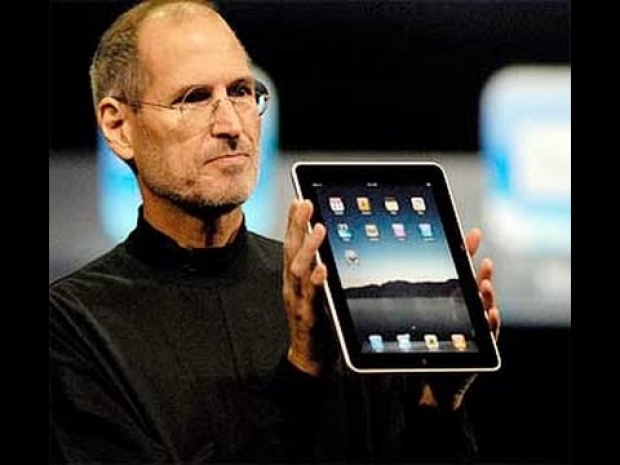The Kindle app for iPhone and iPad does not allow users to purchase ebooks directly. Users can read the ebooks they've already purchased, but to buy new ones, they have to use Safari. This is Amazon's way of avoiding giving Apple a 30per cent cut of ebook purchases, which would be required if Amazon sold ebooks directly within the Kindle app itself.
But in 2011, you could buy Kindle ebooks directly in the Kindle app on iOS. Two sets of emails included in the internal documents include conversations between Steve Jobs, Phil Schiller, and other Apple executives regarding this situation show that Apple used its AppStore to force Amazon into line.
In one email, Schiller explained that Apple initially made an exception for Amazon because "users would be buying books on a Kindle device and later accessing them on iPhones". The idea was that as Apple sold more iPhones, iPads, and iPod touches, however, Schiller thought it was time to drop this exception.
What kicked Shiller off was that Amazon ran a series of advertisements on how you could still access your Kindle books if you switched from iPhone to Android or vice versa.
These conversations were taking place as Apple was also planning to announce new App Store policies for subscriptions. In his response, Jobs said that Apple could say Amazon "must use our payment system for everything" and say the change was triggered by the new newspapers and magazines subscription policies. "If they want to compare us to Android, let's force them to use our far superior payment system", Jobs wrote.
"It's time for them to use our payment mechanism or bow out", Jobs said in a separate email. In response to an email from Andy Cue, Jobs also emphasised that iBooks would be the only bookstore on iOS devices: "I think this is all pretty simple -- iBooks is going to be the only bookstore on iOS devices. We need to hold our heads high. One can read books bought elsewhere, just not buy/rent/subscribe from iOS without paying us, which we acknowledge is prohibitive for many things."




